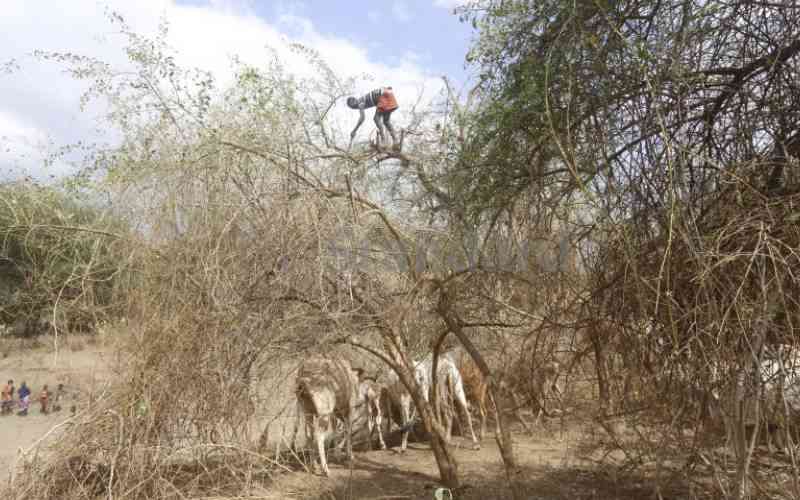×
The Standard e-Paper
Fearless, Trusted News

Small traders and micro businesses have in recent years drawn interest from authorities and even financial institutions. However, their counterparts in far-flung areas remain neglected and their growth is stunted.
This is even as communities living in marginalised areas and borderlands continue to feel the impact of climate change which has made it difficult for traditional economic activities such as agro-pastoralism which needs to be boosted by trade.